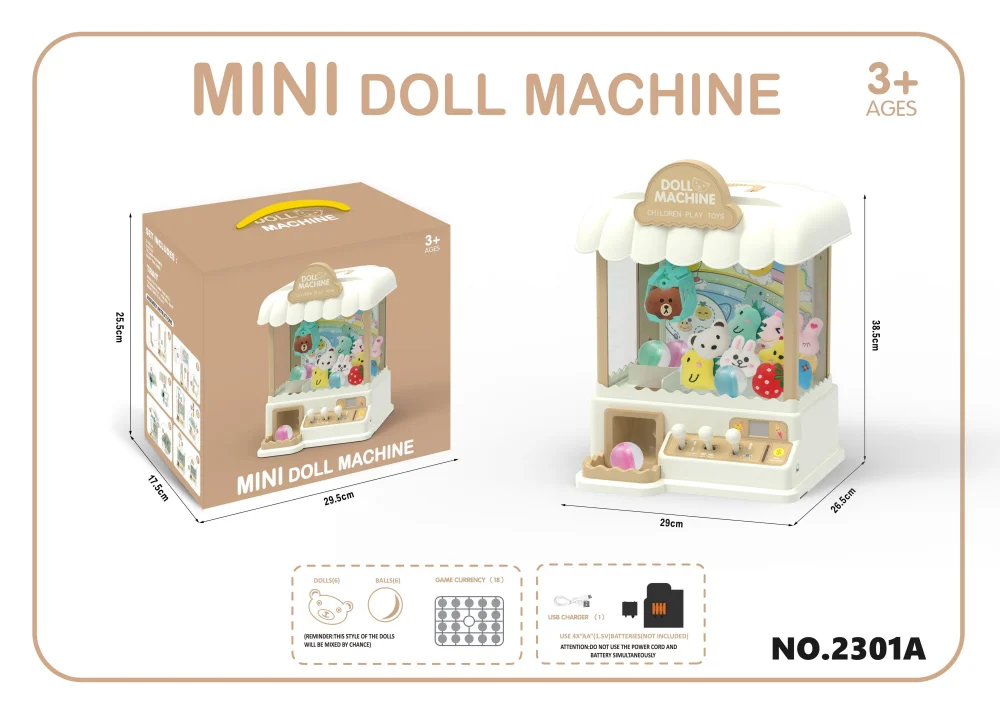In today's fast-paced world, refrigerators have become an indispensable part of our lives. We rely on them to keep our food fresh and safe for consumption. However, have you ever wondered what goes bad first in a fridge? In this blog post, we will delve into the intricacies of refrigerator science and explore the factors that contribute to food spoilage. By understanding the primary culprits behind spoilage, you can take proactive measures to prolong the shelf life of your groceries.
- Temperature Fluctuations:
One of the key factors that can lead to food spoilage in a fridge is temperature fluctuations. While refrigerators are designed to maintain a consistent temperature, external factors such as frequent door openings or improper thermostat settings can disrupt this balance. As a result, certain perishable items, like dairy products and meats, are more susceptible to spoilage. To combat this, it is essential to regularly monitor and adjust the temperature settings of your refrigerator to ensure optimal storage conditions. - Improper Food Storage:
The way we store food in our refrigerators can significantly impact its longevity. Improperly sealed containers, exposure to air, and overcrowding can accelerate the spoilage process. For instance, fruits and vegetables release ethylene gas, which can cause nearby produce to ripen and spoil faster. To mitigate this, it is advisable to store fruits and vegetables separately and use airtight containers to maintain freshness. Additionally, organizing your fridge to allow proper air circulation can prevent the formation of hotspots and ensure even cooling. - Inadequate Cleaning and Maintenance:
Neglecting regular cleaning and maintenance of your refrigerator can contribute to the growth of bacteria and mold, leading to food spoilage. Spills, expired food, and lingering odors can contaminate other items and compromise their quality. It is crucial to clean your fridge regularly, removing any expired or spoiled food, and wiping down surfaces with a mild disinfectant. Additionally, replacing worn-out gaskets and filters, and defrosting the freezer when necessary, can help maintain optimal performance and prevent spoilage. - Quality of Food:
The quality of the food you store in your refrigerator also plays a significant role in determining its shelf life. Perishable items that are already close to their expiration date or have been mishandled during transportation are more likely to spoil quickly. It is essential to inspect the freshness of groceries before purchasing and practice the first in, first out rule to ensure older items are used before newer ones. By being mindful of the quality of the food you store, you can minimize the risk of spoilage.
Conclusion:
Understanding the factors that contribute to food spoilage in refrigerators empowers us to take proactive measures to prolong the shelf life of our groceries. By maintaining consistent temperatures, practicing proper food storage techniques, regularly cleaning and maintaining our fridges, and being mindful of the quality of the food we store, we can minimize waste and ensure the safety of our meals. So, next time you wonder what goes bad first in a fridge, remember that with a little knowledge and care, you can keep your food fresh and delicious for longer.






